

This is probably a bit too reductive. Violence is sometimes necessary, but isn’t always the best strategy.
In general, the left should take an approach of nonviolent, disruptive agitation, combined with a willingness to use violence in self-defense. Arm up, protect each other, but don’t try to instigate a shooting war.

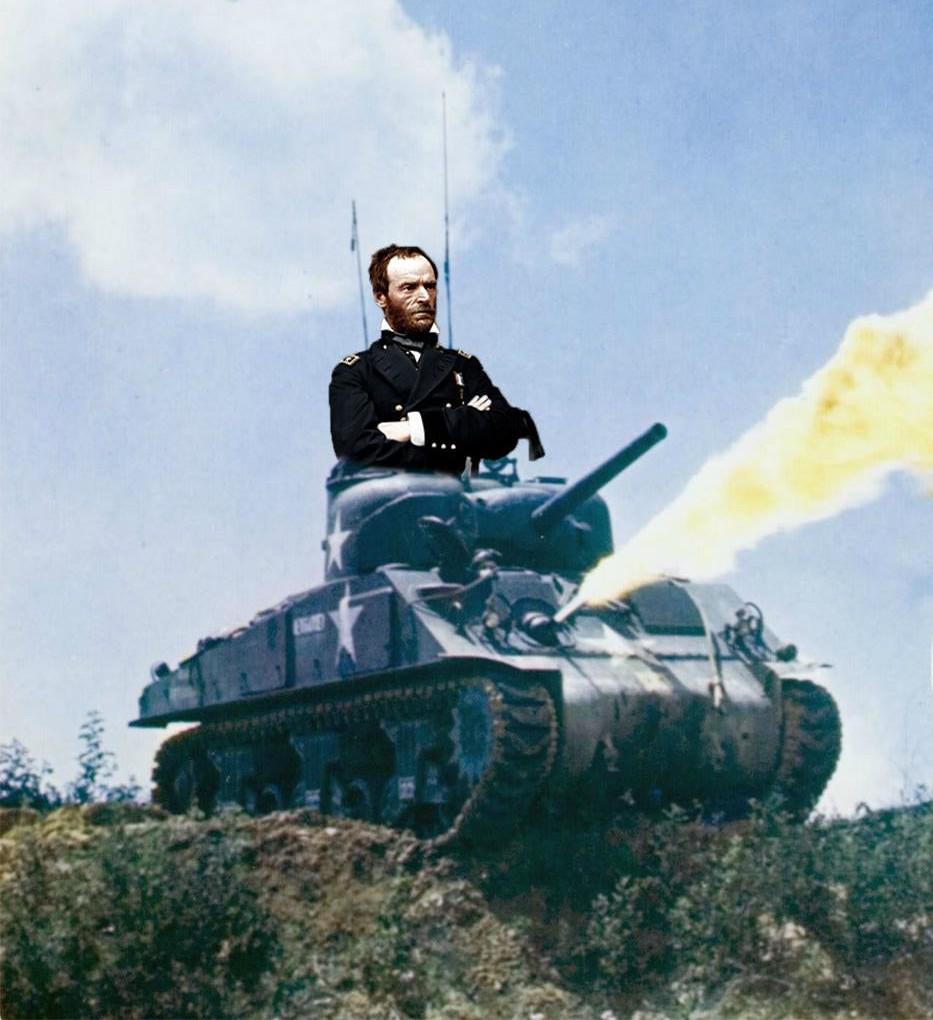


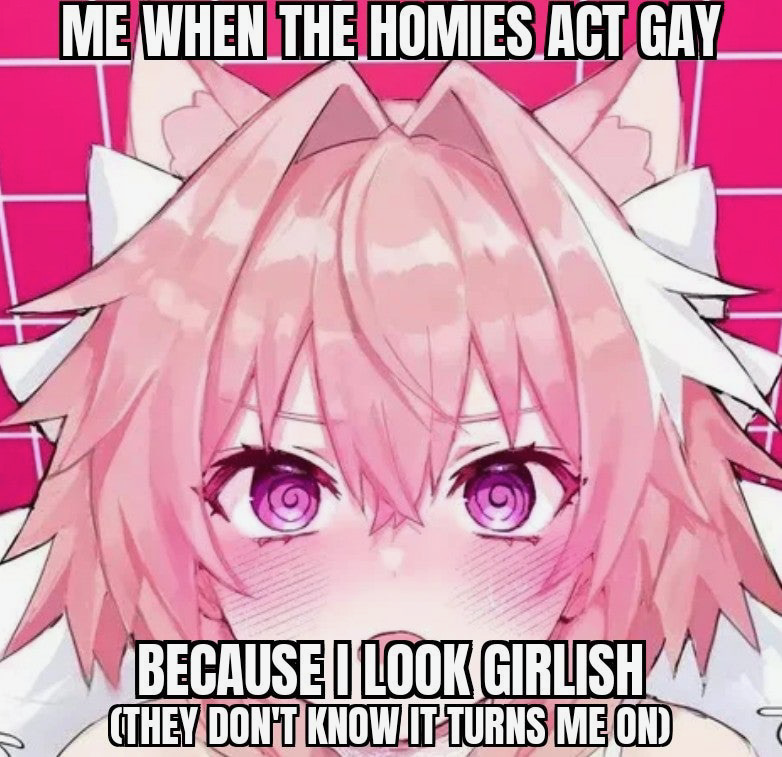

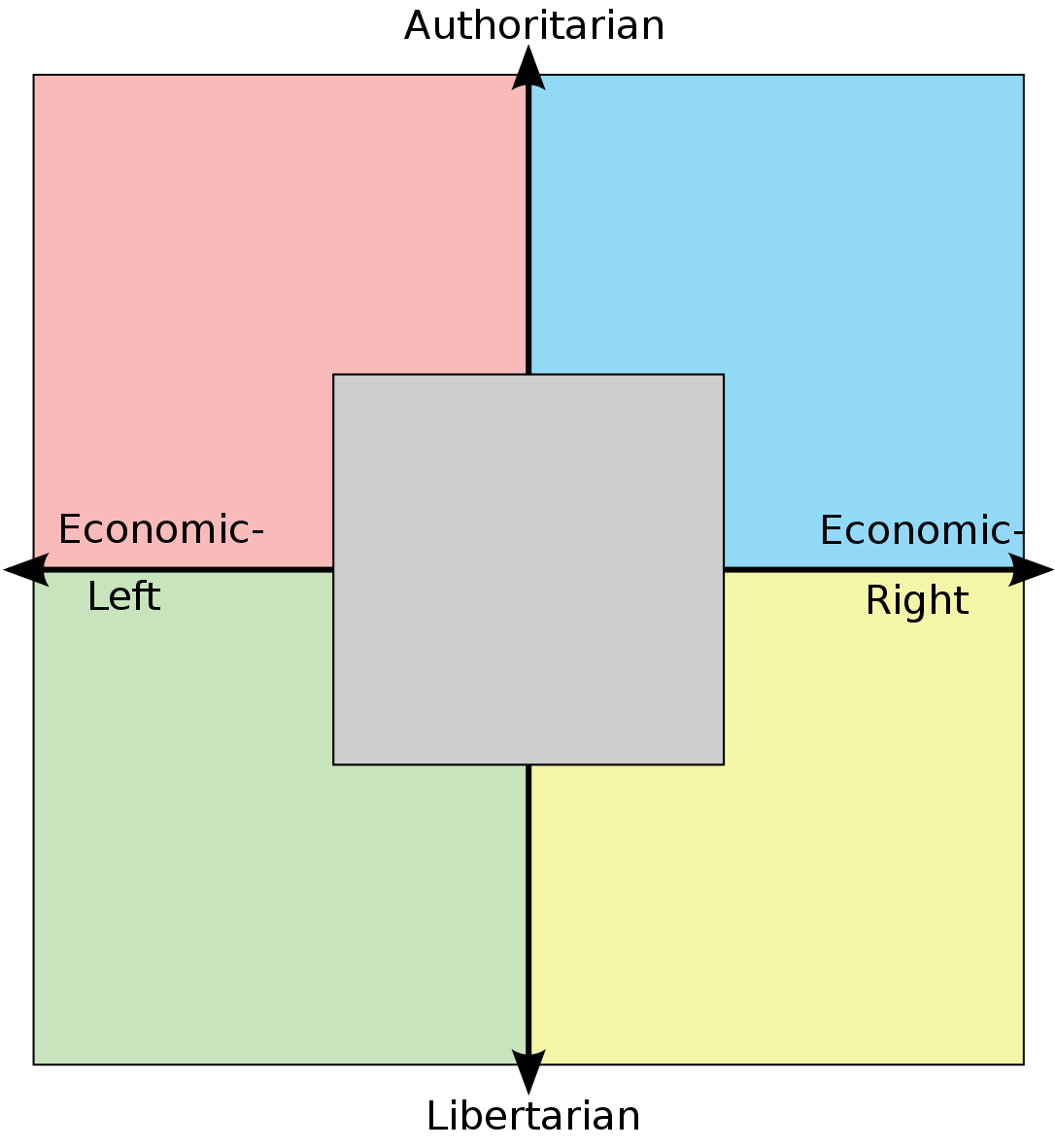

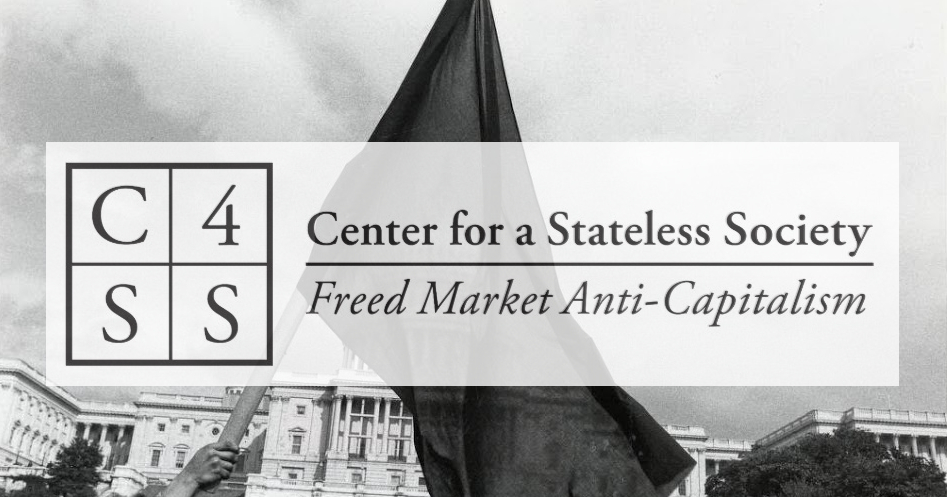



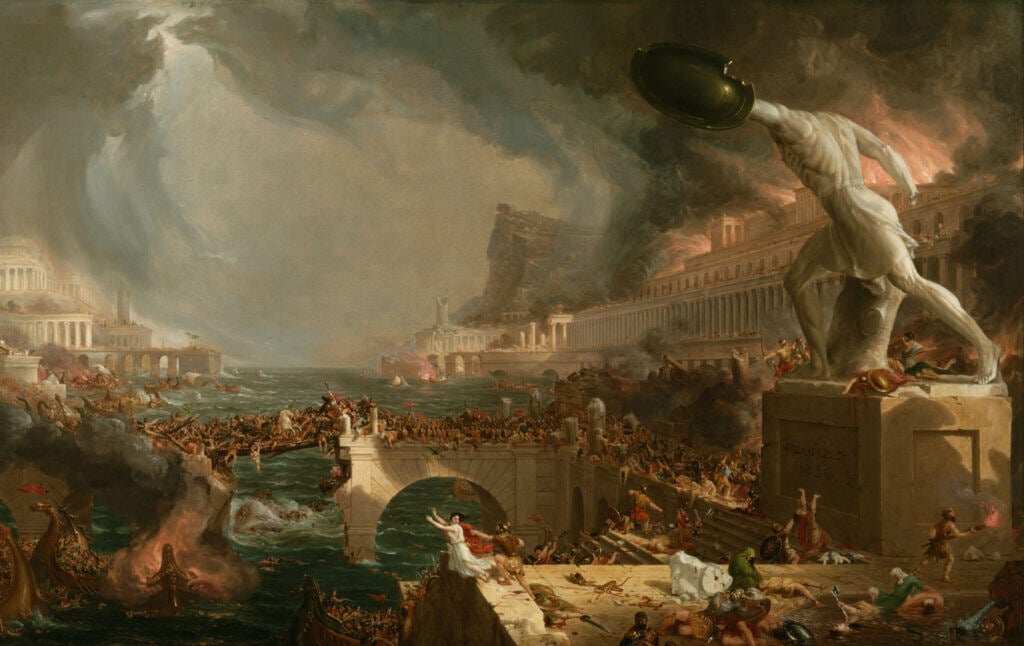
It smells like Fed in here. ಠ_ಠ
Anarchists have a significant history of using “Propaganda of the Deed” and accomplishing fuck all with it. No shortage of examples among the history of the broader left, too. So yeah, I’m gonna have to call BS on this.
Violence is a tool, and there’s a time and place for it. Don’t be an idiot adventurist about it though.